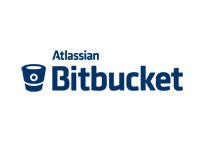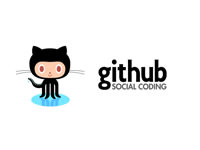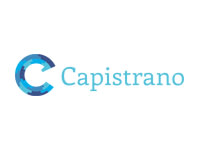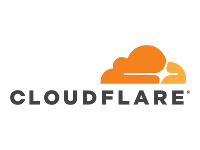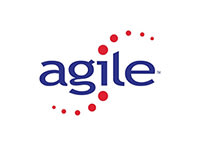Used technologies
Why we choose Ruby?
Ruby on Rails is a software library that extends the Ruby programming language. It’s creator David Heinemeier Hansson created it in 2005 and gave it the name “Ruby on Rails,” though it is often just called “Rails.”
Rails is a framework for building websites. As such, Rails establishes conventions for easier collaboration and maintenance. Rails combines the Ruby programming language with HTML, CSS, JavaScript and other web technologies to help creating web application faster, more efficient and more profound.
Ruby on Rails has all the required specifications, power and agility to build robust, fast, safe and scalable web applications. Focusing on simplicity and productivity, we use this excellent framework to deliver fully-fledged software solutions and reinforce it with our own expertise to add extra value for your business. Learning to build a modern web application is daunting. Ruby on Rails makes it much easier and more fun. It includes everything you need to build fantastic applications.
Ruby on Rails it is the basement of most of our advanced web applications. Ruby on Rails has been the platform of choice of many world famous companies like Twitter (in the beginning), Shopify, Crunchbase, Groupon, AirBnB, SoundCloud, Hulu, SlideShare and others. It is the primary choice of most new tech companies in Silicon Alley USA.





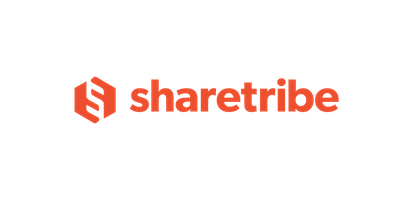
Ruby is a programming language that was created more than 20 years ago by Yukihiro Matsumoto a.k.a. “Matz”.
Ruby is known among programmers for a terse, uncluttered syntax. By most measures of programming language popularity, Ruby ranks among the top ten. Like Java or the C language, Ruby is a general-purpose programming language, though it is best known for its use in web programming.
Ruby’s key advantage is RubyGems, the package manager that makes it easy to create and share software libraries (gems) that extend Ruby and help to build complex websites.
Why do we choose Ruby on Rails (a.k.a. RoR)?
Increase efficiency and quality
With RoR we can develop sophisticated, safe, flexible, scalable, and functional web applications much faster. The programming framework was built to increase programming efficiency and quality.
Simplified bug detection and correction
In RoR, the database logic is separate from the application so the solutions can be migrated with ease, and with as little downtime as possible. Every bit of code has its place. Which simplifies bug detection and correction, and you can quickly get new developers up to speed.
Cutting edge platform
RoR is an ever-developing cutting edge platform, while PHP platforms like Cake PHP are always one step behind. So, with RoR, it is possible to get the most advanced web features out there.
Compability
RoR is fully compatible with other programming languages like Javascript, C, Python, etc.
Open-source and does not require expensive server systems
RoR is an open-source software. And it is free, does not require expensive server systems, and the maintenance is relatively inexpensive. This programming framework is fully compatible with Agile Development. So it allows flexible development, and the application can be adapted to ever-changing requirements. No more long-term development plans that smashes after the first contact with the customer.
Most common used technologies by IT House
Why GIT?

Git is essentially a collaboration tool and an insanely powerful Versioning System. It is a high-speed, very efficient, highly scalable, distributed version control system, designed and created by Linus Torvalds (The creator of Linux).
It allows a team to work together on the same project, just locally – each with their copy of files. When someone makes a change, they need to merge that into the project. And everyone will be up to date and will be able to update their local files accordingly by pulling down the latest version of the project.
To Operate, Git only needs local files and resources to perform most operations, when alternative Version Control Systems operate over a network connection that adds latency.
Git is fast. Because the entire history of the project is stored locally, operations execute almost instantly.
It is possible to work off-line and commit the changes later at any time. Everything in Git is proved with a check-sum test before a replacement is stored. Any later changes are then compared against that check-sum test. If any amendments made the contents of a file or a directory, Git would detect it. This functionality is integral to its philosophy and has been built into Git at the lowest levels.
In Git, every change is recorded and stored in the database. It means that it is possible to roll back to the previous state.
RSpec
RSpec is a software code testing tool for Ruby, commonly called a Behaviour Driven Development (BDD) framework for Ruby. It was created in 2005 by Steven Baker, with early contributions from Dave Astels and Aslak Hellesøy.
Here “R” stands for Ruby, but “Spec” is for Specification. “Spec” is an executable example that tests whether a portion of code exhibits the expected behavior in a controlled context.
RSpec is testing behavior rather than specific methods.
Testing an application if it has errors, it is necessary to let it run with different variations of data and evaluate if the results are consistent with what’s expected. RSpec makes it possible to automate most of the testing activities. To check it’s consistency RSpec will not just test a newly written snippet of code. Still, it also enables the developers to quickly re-check the whole project after each update, to make sure that new changes do not break the functionality of previous ones.
RSpec uses exceptional syntax and method names to make the test code more human-readable. Giving the developer a better understanding of the test and makes it easier to read and change if necessary.
IT House uses RSpec extensively to test every critical functionality before delivering any application to a production environment. It not only allows us to catch and fix software bugs before they reach production, but it also creates strong software integrity, protecting existing functionality by testing all current functions before adding a new one.
Why ZurbFoundation?

Zurb Foundation is the first and most advanced responsive front-end framework in the world, written in HTML, CSS, SASS, and JavaScript.
Built with Rails Foundation Framework works flawlessly with any Rails project. It’s optimized for speed.
Foundation makes it much easier to quickly create advanced user-interface prototypes for web sites and web applications that work on virtually any device, starting from mobile phones and desktops, to TV screen applications.
Furthermore, it is faster and easier to use. Cleaner Foundation’s markup provides better maintenance, as well, resulting in much more rapid development time.
Being Mobile Optimized, Foundation uses Hardware acceleration, working great on mobile devices and providing better transitions, smoother animations, and great support for touch input for almost native application user experience.
Foundation works with almost any CMS (Content Management System), and it allows serving any unique content on a wide variety of devices. And because it uses only front-end web technologies, it is also fully compatible with any back-end server technologies and systems.
Regression tests
Frequent quality-assurance tests are key to developing.
Frequent quality-assurance tests are crucial to developing and designing stable websites and applications. They allow us to evaluate and optimize performance, speed, security, ease-of-use, and more, ensuring your finished project is of the highest caliber.
To provide you with the most excellent final product, IT House uses built-in regressions tests. Tests are particularly useful at detecting errors and inconsistencies early on—enabling us to quickly spot-fix issues as they occur, resulting in efficient and streamlined progress. We run these tests at every new point in the development process, not just at the end, meaning your site or app will always run smoothly.
Other technologies used by IT House
Web Development & Frameworks
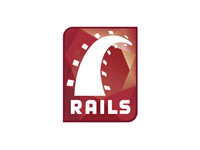
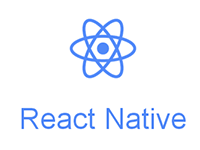
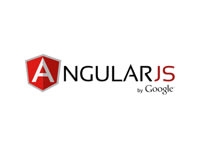
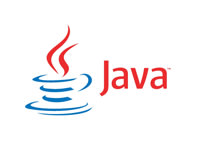
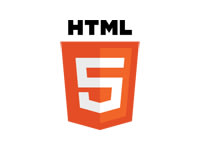
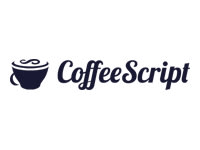
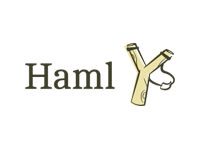
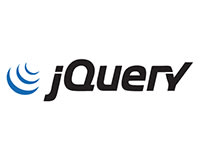



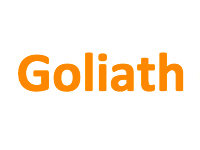

Databases, Delivery and Cloud based architecture

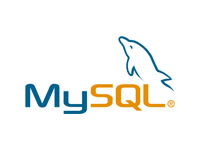
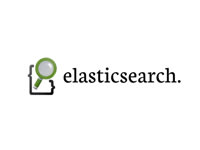
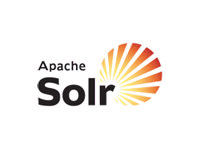
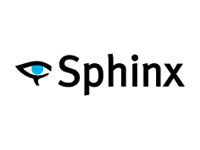
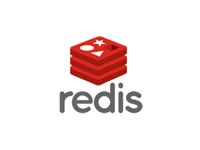
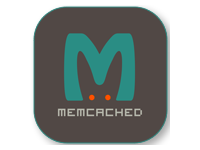
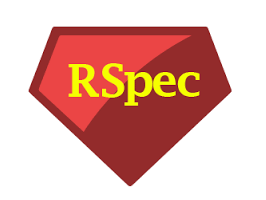
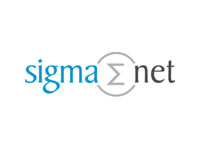

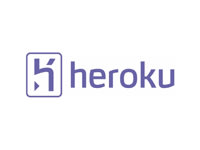
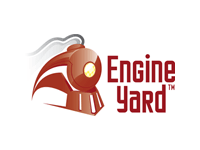


Web development tools, monitoring & lead development
